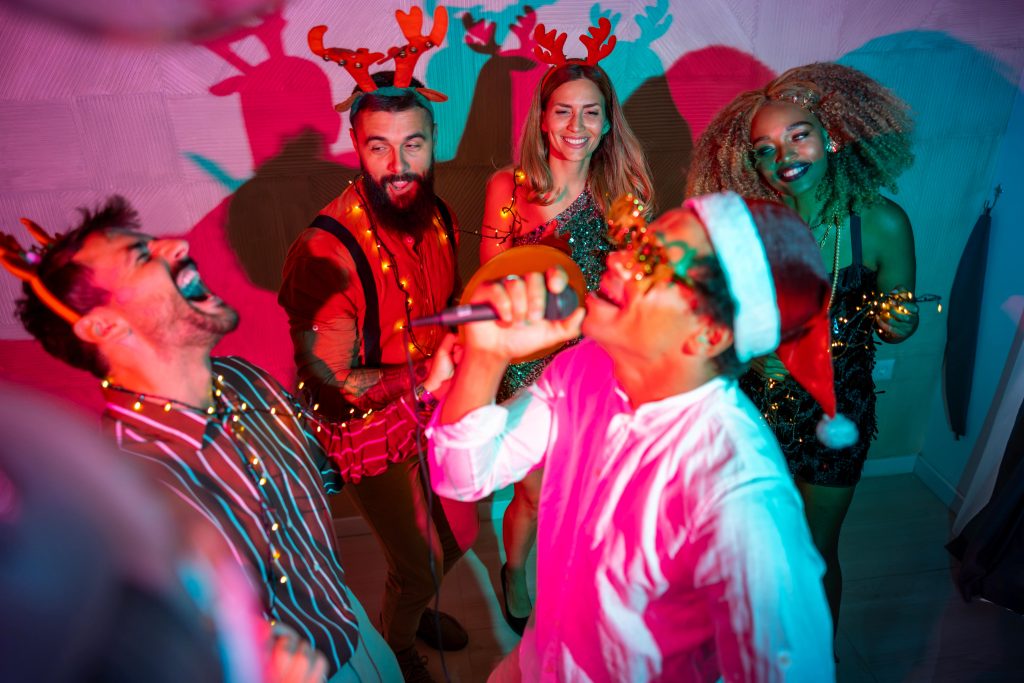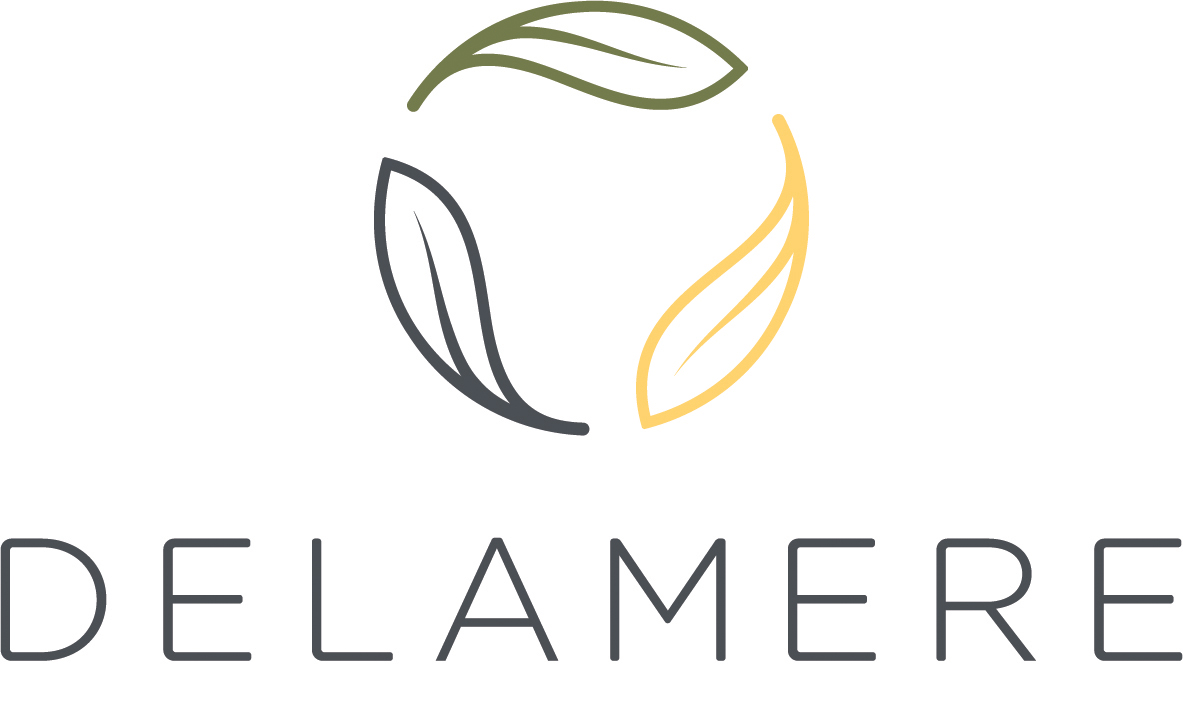What’s included?
- Introduction
- Why alternatives are not always the answer
- Get employees involved in the planning of the events
- Address the mental health crisis in our workplaces right now
- How Delamere can help
More than a fifth (21%) of companies are predicted to have an alcohol free Christmas party this year, according to a recent article in Fortune.
For employees struggling with or recovering from an addiction, the festive period can be particularly difficult. Alcohol is still synonymous with celebrations during the lead-up to Christmas and New Year, no more so than in the workplace.
There has been some evidence of a gradual culture shift on this issue, largely due to generational differences in attitudes towards alcohol, where many Gen Z workers now opt for moderation tactics like ‘damp’ drinking and ‘zebra stripping’, or simply don’t drink alcohol at all.

Despite this, the rates in which adults aged 30 and above drink heavily or binge-drink is still pretty consistent. This is still a prevalent issue impacting the workplace, particularly because alcohol has largely been replaced by alcohol-free alternatives at events rather than being free-of-all traces of alcohol.
Recent data published by the International Wine and Spirits Record (IWSR) also found that the no- and low-alcohol drinks segment is still growing sharply, outperforming the UK alcohol market. These types of drinks taste and feel the same, and so are bought in bulk and consumed in similar quantities, particularly during the Christmas period. Furthermore, some alcohol-free alternatives still contain traces of alcohol.
Having large quantities of no- and low-alcohol at events can be triggering for colleagues who are in recovery, or have a history of alcohol abuse. The sensations caused by the smell of the alcohol-free drinks or even the sound of alcohol-free bottles opening does result in relapses.
It is the duty of HR leaders and employers to make big events like the office Christmas party to be inclusive for all employees, no matter their backstory.
A recent study by Compass conducted by Mintel, and reported in the Financial Times, revealed that only one in four (24%) employees want to see alcohol at work events now, with three quarters saying they want workplace social events to be ‘liberated’ from alcohol.

Call us confidentially at any time to speak to a member of our team.
Call us now: 0330 111 2015
Why alternatives are not always the answer
As aforementioned, the alcohol-free industry has boomed by 23% just this year, according to a report in Speciality Food Magazine, with no- and low-alcohol beers and wines available for people looking for moderation.
However, the process called ‘sensitisation’ makes these types of drinks unsuitable for many people in recovery from alcohol addiction to experience first- and second-hand.
Sensitisation occurs when a smell, taste, or situation triggers a strong psychological craving from external stimuli.

This could be drinking from a beer bottle, smelling wine or even the pop of a cork.
With this in mind, employers should provide as many options as possible at their Christmas parties ensuring that non-alcoholic beers and wines aren’t the only alternatives.
Another consideration should be how it is displayed. Apple juice in a champagne flute can be just as damaging as a 0% fizz. Separating the options creates a healthy distance between the trigger and the employee.
Get employees involved in the planning of the events
To truly ensure that festive workplace parties are inclusive, the shift needs to be long term and in place no matter the season.
According to a study by Action on Addiction, over half of people affected by addiction feel they cannot openly discuss it.
As 45% of UK adults are affected by addiction, the narrative needs to shift.
By regularly speaking and educating employees about issues such as mental health and addiction, HR leaders can encourage people who are struggling to be open.
Including employees in the decision making process for work social events, with polls and questionnaires will also provide the platform for suggestions and concerns.
Address the mental health crisis in our workplaces right now
Earlier this year, a survey revealed that one in three people cry at work.
This alarmingly high statistic is not shocking, and HR leaders need to adapt to support employees with mental health difficulties.
As addiction is a growing issue in the UK, employers should have a plan in place for any employees that reach out for help.
HR leaders can build relationships with counsellors, rehabilitation clinics and specialists to make the referral process quick and discreet.
The organisations can provide guidance on how to approach difficult situations.
How Delamere can help
If a colleague is struggling, they may need professional help.
The Delamere Treatment Model is individualised and holistic, focusing on the root causes of addiction and working with guests to build the tools they need for life beyond addiction.

The Stop, Start, Grow, Bloom model removes guests from the everyday noise of life and allows them to detox safely, in a non-judgemental environment.
After their stay at Delamere, the Bloom programme provides guidance and is a celebration of recovery with 12 weekly check-ins with recovery mentors and other former guests.

Call us confidentially at any time to speak to a member of our team.
Call us now: 0330 111 2015








